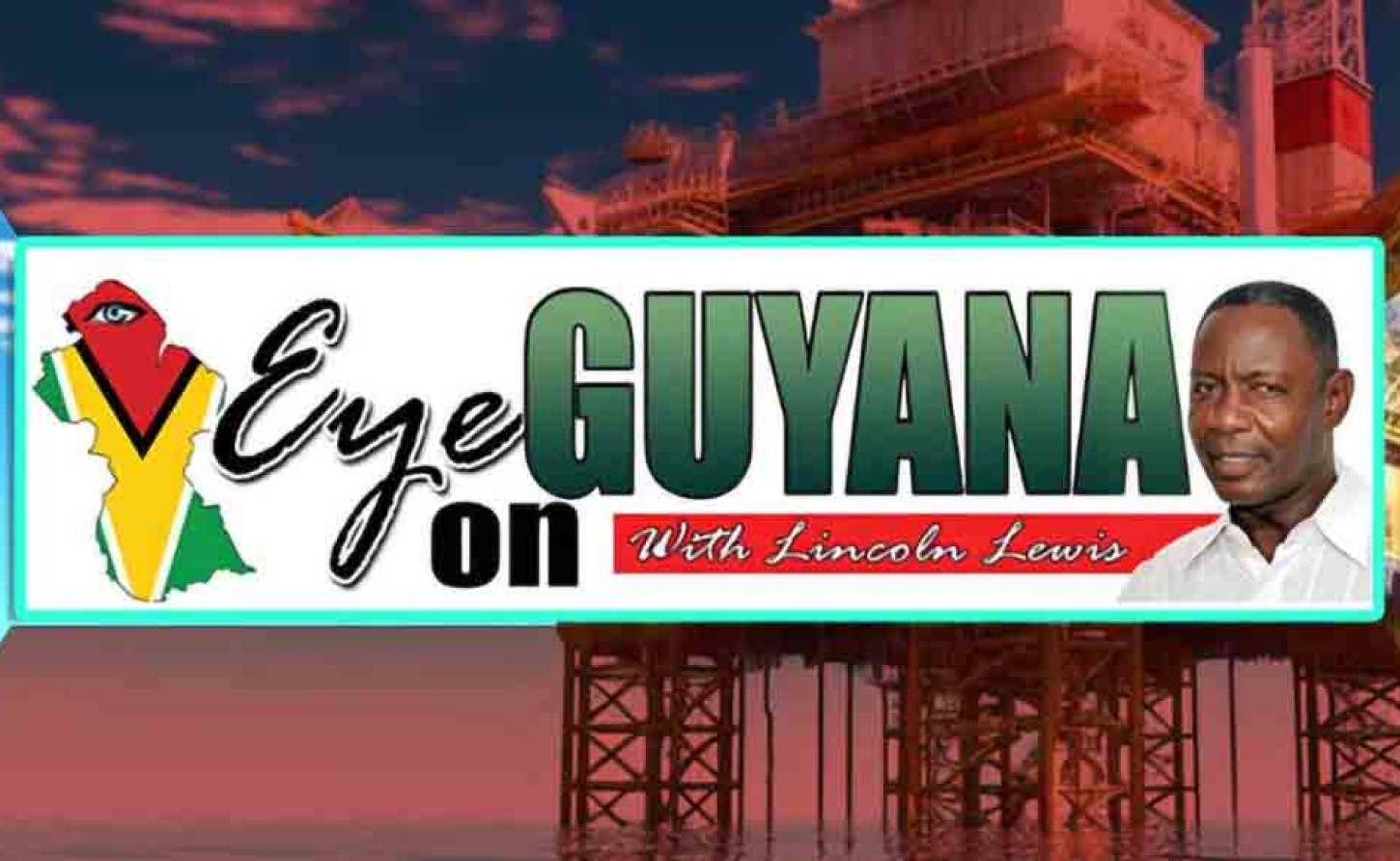GUYANA Cannot Reform Its Constitution in Ignorance

If Guyana is to genuinely reform its Constitution, we must first confront a hard truth: we cannot change what we do not understand.
We should be grateful for the candid admission of retired Justice Carl Singh that members of the Constitutional Reform Commission (CRC) “are not familiar with the Constitution and its provisions.” His statement, as reported by Stabroek News (Sept 29, 2025), is deeply troubling and ought to stir national concern, for it exposes a dangerous gap at the heart of democratic reform.
Justice Singh stated plainly: “And for that reason, we took a decision that we must for the benefit of all — those who know and those who don’t know — educate ourselves about the provisions of the Constitution. And the simple reasoning behind that is, how are you going to reform something that you don’t know very well?” This is a point that should give every Guyanese pause.
For decades, calls to amend the Constitution have been heard, but too often those calls have come from quarters that display little genuine knowledge of the document they propose to alter. This reality not only undermines trust but also threatens the very rule of law we claim to uphold.
Adding to this concern is the fact that there remains outstanding work from the 1999 CRC that was agreed upon but never implemented. Yet, there is little apparent interest in finding out what these unfinished tasks are and why they remain incomplete. This silence raises troubling questions about the sincerity and direction of the constitutional reform process.
If we are to embark on constitutional reform, it must begin with deep, broad constitutional literacy, not politically expedient rhetoric. The Constitution is not merely a political tool; it is the bedrock of our democracy. To tamper with it without full understanding is to put the rights of citizens — and particularly of workers — at grave risk.
As a trade unionist, I stress that constitutional reform is not an ordinary exercise. It has real and lasting consequences for workers, public servants, and ordinary citizens. The Constitution is the framework that protects our rights, secures labour protections, and enshrines fairness in governance.
Reform without knowledge is reform without common sense and integrity. It signals there is no valid reason for reform and is an unnecessary interference in the Constitution. Guyanese should be very concerned about this. It is akin to a child dismantling a toy for no good reason. I repeat what I said before: the members of the CRC should all resign.
For the labour movement and trade unions, this is a defining moment. We must stand resolute in insisting that any proposed constitutional change be preceded by comprehensive public education and consultation. Workers must know their rights under the Constitution before those rights can be altered. This is not merely a procedural issue — it is a matter of democratic integrity and social justice.
Justice Singh’s admission reinforces a long-standing truth: constitutional education must begin in schools, from nursery to university. Citizens must be equipped with the knowledge to understand, defend, and, when necessary, reform their Constitution in a considered and informed way. This is not just about legal expertise; it is about empowering a nation.
Finally, let me be clear: constitutional reform must be grounded in the rule of law and respect for democratic principles, not political expediency. As trade unionists, we stand for fairness, transparency, and the rights of workers and citizens alike. This requires that reform is not rushed, not manipulated, and certainly not conducted in ignorance.
Guyana’s Constitution is the cornerstone of our democracy and a fundamental pillar for good governance. If we cannot respect it by understanding it fully — and addressing the unfinished work from the 1999 CRC — we have no right to change it.
Now is the moment for trade unions, civil society, and every concerned Guyanese to unite in demanding not only genuine constitutional reform but also accountability for the unfinished work of the 1999 Constitution Reform exercise. We cannot stand idle while political expediency trumps democratic duty, nor can we allow ignorance and misguided experimentation to dictate the future of our nation.
Let us insist on full transparency, comprehensive public education, and a clear roadmap for addressing the outstanding constitutional reforms that remain neglected. The future of our democracy — and the rights of workers and citizens — depend on it. If we fail to act now, we risk leaving generations to come with a constitution that has been altered without understanding, without justice, and without true consent.
-30-
